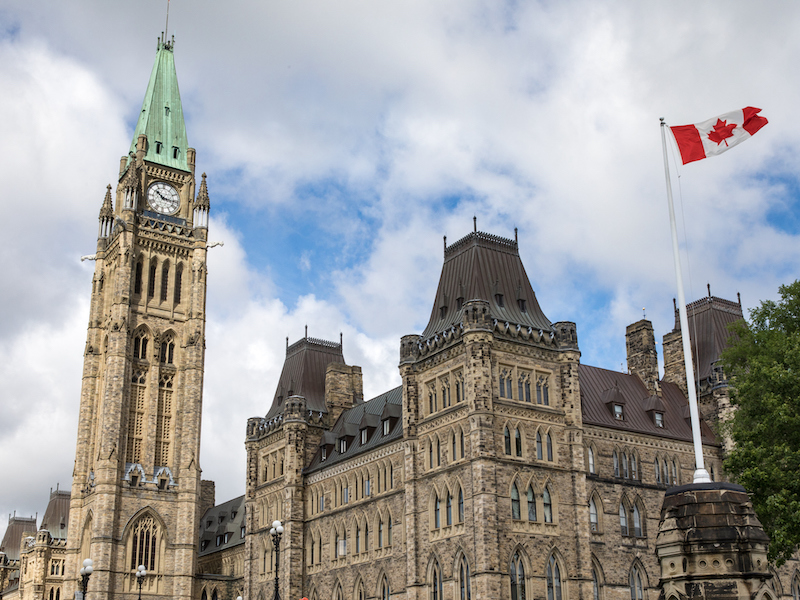
A slew of tax and estate-planning measures are now law.
Bills C-59 and C-69, which included measures from the past two federal budgets and the 2023 fall economic statement, both received royal assent on Thursday.
“Both of these omnibus bills implemented important legislation that taxpayers and tax practitioners have been waiting to receive royal assent,” said John Oakey, vice-president of taxation at CPA Canada.
Bill C-59, which was first tabled in November 2023, contained legislation to implement the following key proposals:
- Changes to intergenerational business transfers that occur on or after Jan. 1, 2024. Two updates were made to the August 2023 draft legislation:
- Parents looking to sell their business to their children no longer need to control the company immediately before the sale.
- Business owners who sold all or part of their business to their child under the current rules, enacted under Bill C-208 in 2021, won’t be prevented from using the new framework to sell the rest of their business, or another business, to their child.
- Changes to the general anti-avoidance rule (GAAR). The penalty will now be calculated as 25% of the additional tax owing by a taxpayer as a result of the GAAR’s application.
- The 2% share buyback tax that applies as of Jan. 1, 2024, to the annual net value of equity repurchases by public corporations and certain public trusts and partnerships.
- Making planning that results in non-Canadian-controlled private corporation (CCPC) status a reportable transaction so the CRA can assess whether the corporation is a “substantive CCPC.”
- Permitting a qualifying family member to be a successor-holder of an RDSP following the death of that plan’s last remaining holder who was also a qualifying family member.
- Changes to the tax treatment of dividends on Canadian shares for financial institutions, a move that could increase fees for investment products.
- Employee ownership trusts, with an improved tax incentive. The 2024 federal budget also clarified some elements of EOTs, with those changes in Bill C-69.
- Tax changes to retirement compensation arrangements.
Bill C-69 was tabled in April and contained legislation to implement the following key proposals:
- Updates to the alternative minimum tax.
- Enhancements to the home buyers’ plan.
- Measures related to the Canada Disability Benefit.
- Autoenrollment to RESPs and the Canada Learning Bond.
- Provisions related to open and cheaper banking.
- Clarifications to employee ownership trusts. For example, the exemption amount is per business, not per business owner.
- Tax changes for people who own short-term rentals.
- Doubling the CPP death benefit for contributors who have no survivors and have never collected CPP.
- A softer mandatory disclosure regime.
- Changes to the underused housing tax.
- A global minimum tax based on OECD’s global anti-base erosion model rules (Pillar Two).
Neither bill contained the increase to the lifetime capital gains exemption and the Canadian Entrepreneurs’ Incentive.
Nor has legislation to implement the increase to the capital gains inclusion rate, which will take place on June 25, been tabled. A notice of ways and means was released on June 10, and the government indicated that draft legislation will be tabled at the end of July.
C-59 did contain a truth-in-advertising amendment that would require corporations to provide evidence to support their environmental claims.
The provision applies to all businesses and economic sectors. The bill’s wording said businesses must not make claims to the public about what they are doing to protect the environment or mitigate the effects of climate change unless those claims are based on “adequate and proper substantiation in accordance with internationally recognized methodology.”
In an early response to the amendment, the Pathways Alliance group of oilsands companies has removed all content from its website and social media feeds, while a major oil and gas industry group has also modified its website.
The House of Commons is on summer recess, and the Senate will finish sitting at the end of the month. Both chambers resume sitting on Sept. 16.
With files from The Canadian Press